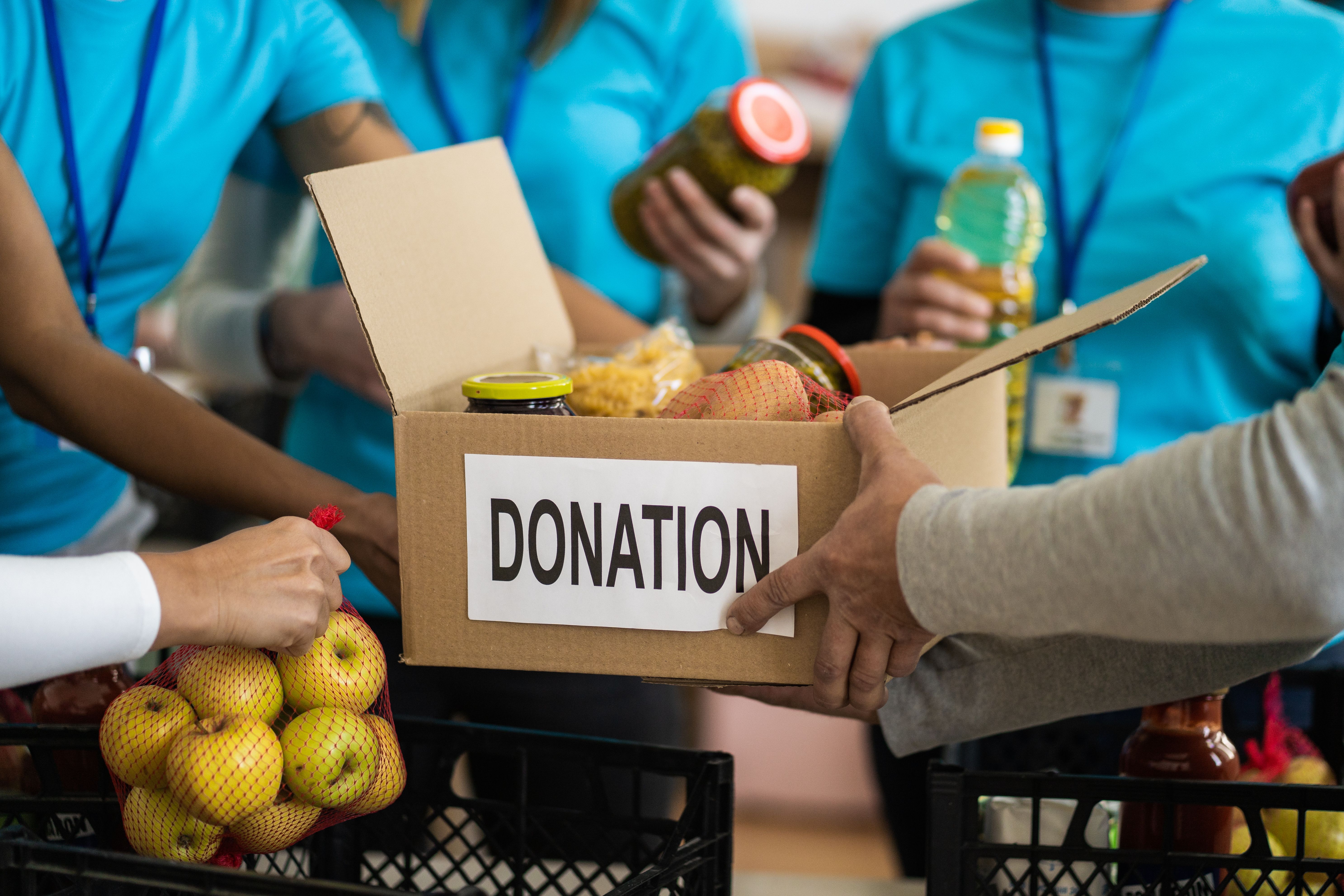Transforming Lives: The Real Stories Behind Food Aid in Africa
Transforming Lives: The Power of Food Aid
In many parts of Africa, food aid has become a lifeline for countless communities facing chronic hunger and food insecurity. This assistance not only provides immediate relief but also fosters long-term change by empowering individuals and strengthening communities. Understanding the real stories behind food aid reveals its profound impact on transforming lives.

Stories of Hope and Resilience
One of the most inspiring aspects of food aid is witnessing the resilience of those it supports. Consider the story of Amina, a single mother of three in Kenya, who struggled to provide meals for her children after severe droughts devastated her farmland. Thanks to food aid programs, Amina received essential food supplies, allowing her to nourish her family and focus on reestablishing her agricultural livelihood.
Similarly, in Ethiopia, a community's access to food aid helped prevent malnutrition and instilled hope among its members. Such interventions have not only alleviated immediate hunger but have also empowered individuals like Amina to build more sustainable futures.
Empowering Communities
Food aid initiatives often extend beyond mere food distribution. They encompass educational programs, agricultural training, and resource management, aiming to equip communities with the skills needed for self-sufficiency. By offering training in modern farming techniques, these programs help farmers increase their yields and enhance food security in the long term.
In Uganda, for example, food aid organizations have introduced innovative farming practices that improve crop resilience against climate change. These efforts ensure that communities are not just passive recipients but active participants in their development journey.
Challenges and Solutions
While the impact of food aid is significant, challenges remain. Distribution logistics, funding constraints, and political instability can all hinder effective delivery. Addressing these issues requires collaboration between governments, NGOs, and local communities to ensure that aid reaches those who need it most.
- Streamlining supply chains to reduce delays.
- Increasing transparency in funding allocation.
- Fostering partnerships with local organizations for better outreach.
By overcoming these challenges, food aid can reach its full potential in transforming lives across Africa.

A Call to Action
While food aid has made remarkable strides in alleviating hunger in Africa, continued support is crucial. Individuals and organizations around the world can contribute by donating money or resources, volunteering for relief missions, or advocating for policies that prioritize food security.
Together, we can build a future where every community in Africa has the resources needed to thrive. As we continue to share these real stories of transformation, let them serve as a reminder of the power of collective action in creating lasting change.